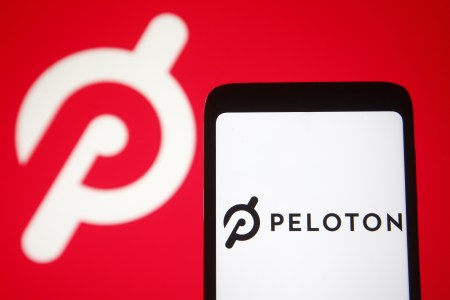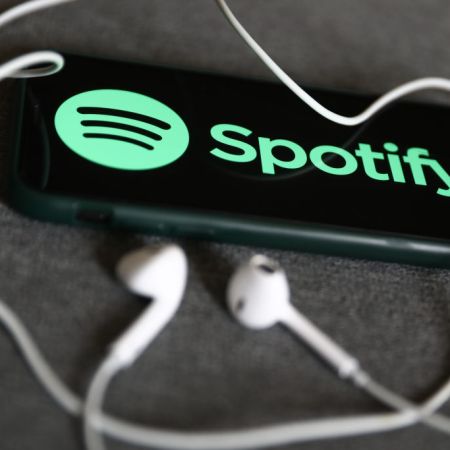In 2021, Lina M. Khan’s time as Chair of the Federal Trade Commission began — and before long, the agency demonstrated that it would begin applying antitrust law in a new way. As Khan explained in an interview with NPR, “the Federal Trade Commission’s job is to stop unfair methods of competition and to stop unfair or deceptive practices in the marketplace.” Now, one prominent nonprofit organization is hoping that the F.T.C. turns its attention on the businesses practices of music streaming companies.
The rise of streaming services has changed the way many people both listen to and pay for music — which has, unfortunately, left many musicians bringing in far less money from their work. Now, as Pitchfork reports, the organization Public Knowledge has addressed this issue in a new paper.
Titled “Streaming in the Dark: Where Music Listeners’ Money Goes – and Doesn’t,” the paper makes an unsettling central argument. As the paper’s author, Meredith Filak Rose, explains, “The streaming marketplace is fundamentally broken.”
Rose emphasizes the role that nondisclosure agreements play in setting streaming deals, and points to where that could go wrong. “Artists aren’t allowed to see the deals that set their streaming payment rates; indie labels aren’t allowed to see the deals distributors cut with labels on their behalf,” Rose writes. “And in many cases, artists aren’t even allowed to compare notes and talk about their own contracts.”
It Turns Out Peloton Pays Artists Better Than Any Major Streaming Service
The fitness company pays more than eight times more per stream than SpotifyRose also argues that the F.T.C. should use “its statutory power to pierce the NDA curtain, study this marketplace, and determine how and where the market is failing consumers and artists.” The emphasis on NDAs here echoes comments that Khan made in the aforementioned NPR interview about addressing non-compete clauses. It certainly sounds like Public Knowledge has focused its argument on a specific angle — the question is, is the agency in question listening?
Thanks for reading InsideHook. Sign up for our daily newsletter and be in the know.


















